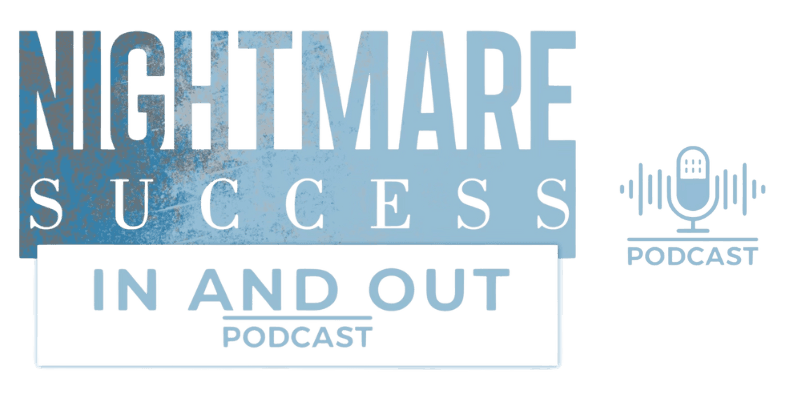
Making a Comeback With my Neighbors After Prison
Before I left for prison, I had made a big mess. To put it lightly, my neighbors didn’t like me, and I can’t say I blame them. I live in the county on 10 acres in a nice, quiet area. When I slipped and fell back into addiction, I was not quiet. When my daughter went to her dad’s house during his time with her, I would lose my mind, and my home became the Wild Wild West. I could go on for pages about all the ridiculous things that happened, but fast forward to a big, ugly federal arrest. My driveway was full of federal vehicles, there were rangers in my pasture, and the county cops got me in the street in a dramatic scene with large guns. None of this aligns well with quiet country living.
I was on federal pretrial for three years. During that time, I focused on my sobriety and mending relationships with my loved ones. I was so full of shame, and honestly, it was too soon to mend fences with the people who lived around me. So, I put my head down and pretended this was my own little world. If I pretended I couldn’t see them, maybe they couldn’t see me either.
I was gone for four years in federal prison and came home shell-shocked to the land of Covid and a world I didn’t know how to navigate. I was lonely. In prison, you are surrounded by people, and home confinement is more like solitary confinement when you live alone. There were times when I would be walking in my driveway with my dogs, wishing one of my neighbors would just make eye contact with me.
As I roll up on the 10th anniversary of my indictment, it finally happened. I have neighbors who share a driveway with me. I thought they hated me and disliked my dogs. My dogs can be assholes and are obsessed with chasing their cars. So, one night while walking, I realized one of my neighbors was about to turn down the drive. I sprinted as fast as I could and tackled one of my giant dogs to keep him from chasing the car. I lay there, bear-hugging this dog who was fighting to get loose, and the neighbor actually stopped. I said, “I am so sorry about my dogs, and I’m doing the best I can.” He was really cool. We ended up talking for a while, shook hands, and made friends.
I didn’t realize how much I needed this interaction for validation. Coming back after causing such a mess is challenging, but it’s part of being human to care about others’ opinions. Here are four strategies that have helped me on my journey:
1. MANAGE YOUR EMOTIONS: A federal indictment triggers a whirlwind of emotions. I learned that I don’t make good decisions when I’m emotional, so I started removing emotion from my decisions. Facing rejection or negative looks, I accepted them as consequences of my actions. Staying calm and respectful has been key to making progress.
2. USE NEGATIVE ENERGY AS MOTIVATION: When you return from prison, you may face people who aren’t accepting. Some may never warm up to you, while others might with time. When I encountered negativity, I used it as fuel to keep making better decisions. A negative comment or a dirty look reminded me where I had been and where I didn’t want to go back to. Acknowledge people’s concerns and the situation.
3. FOCUS ON YOUR GOALS: Setting clear goals that align with your aspirations was important to me. Writing provided an outlet while I was incarcerated and social media set me free on home confinement. Now, telling my story helps me make new connections. It takes time to rebuild trust, but each small step paints a picture of who I am now. Even small goals build confidence, which is crucial during the reentry process.
4. FIND COMMON GROUND: We all make mistakes, and even the most solid individuals have their secrets. Coming home from prison allowed me to connect with others who shared their struggles. Sometimes, my past made me an unexpected ally to those in need.
In conclusion, coming back from a past filled with mistakes and messes is a challenging journey, but it is not impossible. My experiences have taught me the importance of staying calm, using negative energy as motivation, and focusing on personal goals. By finding common ground and building connections with those around me, I’ve been able to slowly rebuild relationships and regain a sense of community. Navigating reentry after prison has been difficult, but these strategies have helped me find a path toward healing and redemption. As I mark the 10th anniversary of my indictment, I am grateful for the growth I have experienced and the chance to move forward as a better person.
Sabrena Morgan is an accomplished writer and TikTok creator and she is a member of the Ministry’s White Collar Support Group™ that meets every Monday evening on Zoom. You can experience more of Sabrena's content on Meduim and on TicTok.
